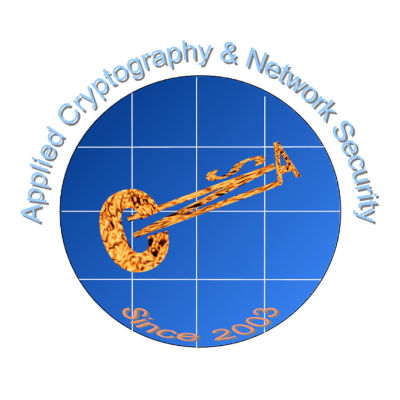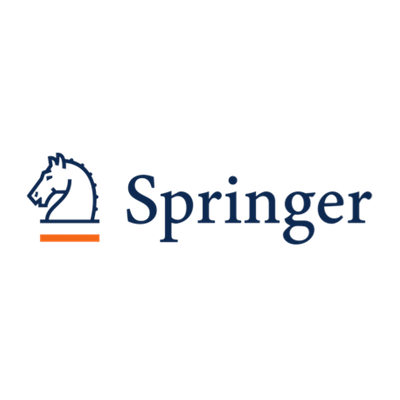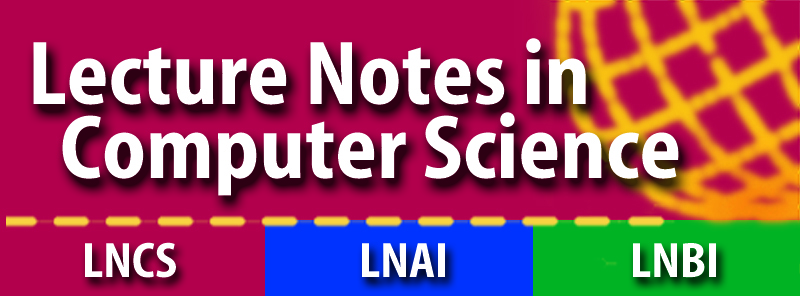Submission
We encourage researchers working on all aspects of AI and HW security to take the opportunity and use AIHWS to share their work and participate in discussions.
The authors are invited to submit the papers using EasyChair submission system.
Every accepted paper must have at least one author registered for the workshop. All submissions must follow the original
LNCS format with a page limit of 18 pages, including references and possible appendices. Papers should be submitted electronically in PDF format. The post-proceedings will be published by Springer in the LNCS series.
The best workshop paper award is selected from all workshops.
Each workshop nominates a candidate paper, and the winning paper is selected among them.
Important dates (AoE)
Extended deadlines
Workshop paper submission deadline: Apr 16, 2021
previously Mar 27, 2021
Workshop paper notification: May 8, 2021
previously Apr 27, 2021
Camera-ready papers for pre-proceedings: May 15, 2021
previously May 10, 2021
Workshop date: June 21, 2021


